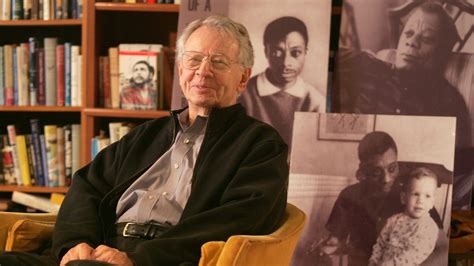A Quote by Sol Stein
A reader's emotions can be sparked with few words. That's the power of dialogue.
Related Quotes
Words have a magical power. They can bring either the greatest happiness or deepest despair; they can transfer knowledge from teacher to student; words enable the orator to sway his audience and dictate its decisions. Words are capable of arousing the strongest emotions and prompting all men's actions.
It has often been said there’s so much to be read, you never can cram all those words in your head. So the writer who breeds more words than he needs is making a chore for the reader who reads. That's why my belief is the briefer the brief is, the greater the sigh of the reader's relief is. And that's why your books have such power and strength. You publish with shorth! (Shorth is better than length.)
Watching a scene from a film in slow motion is possible, but there’s an unreal air to it; reading a passage from a book slowly does nothing to rob the words of their power. A film presents images; a book creates images inside the reader, with the reader’s active participation. Books are good for your brain.


































